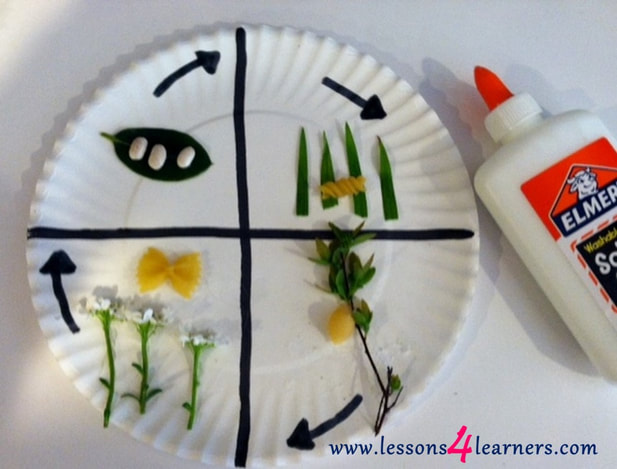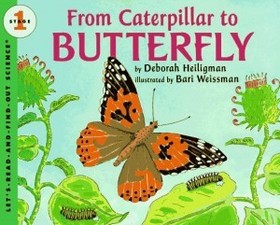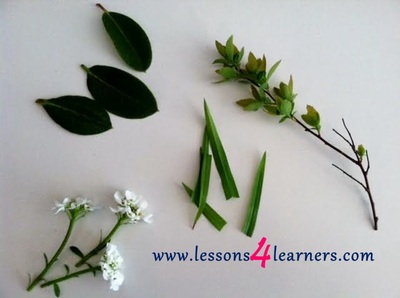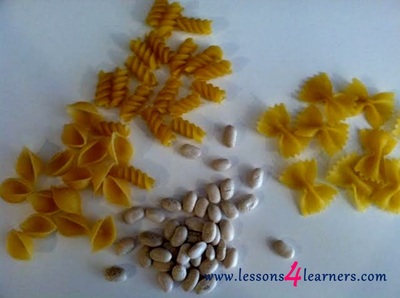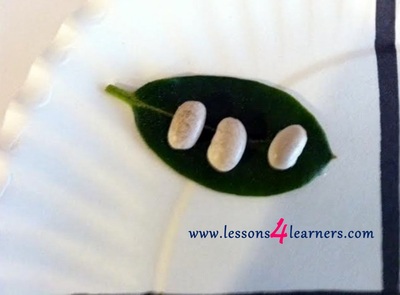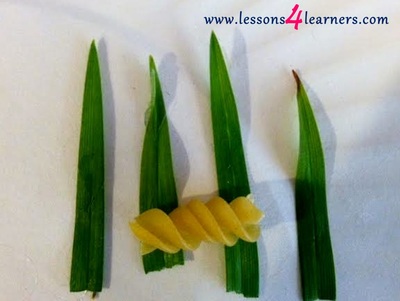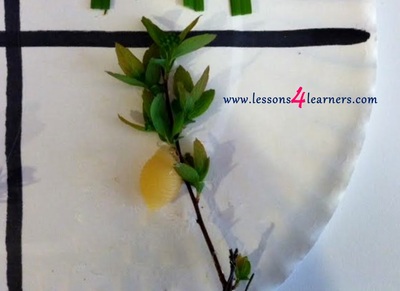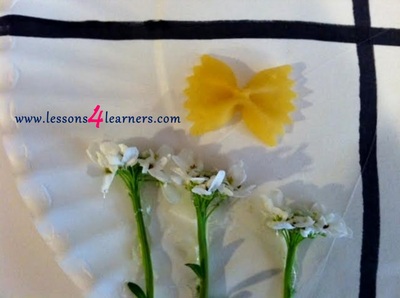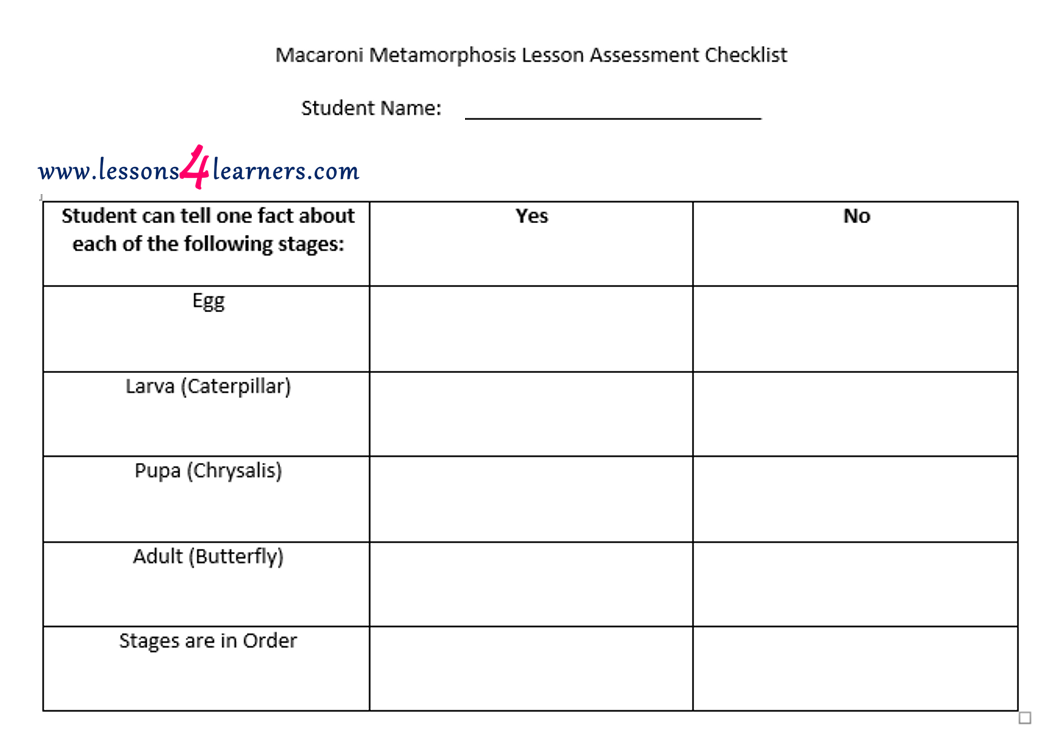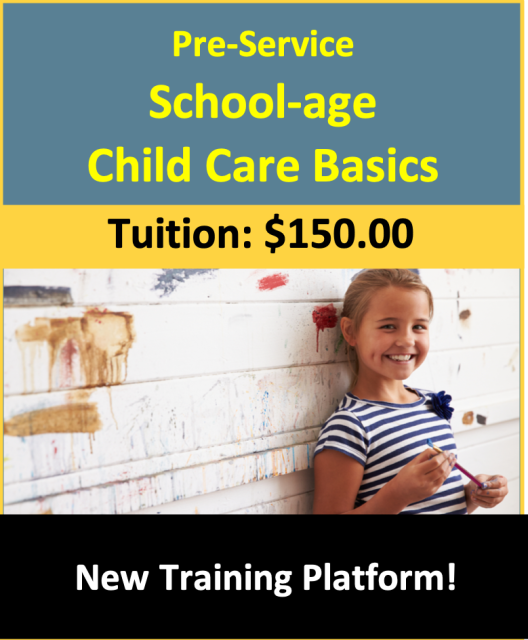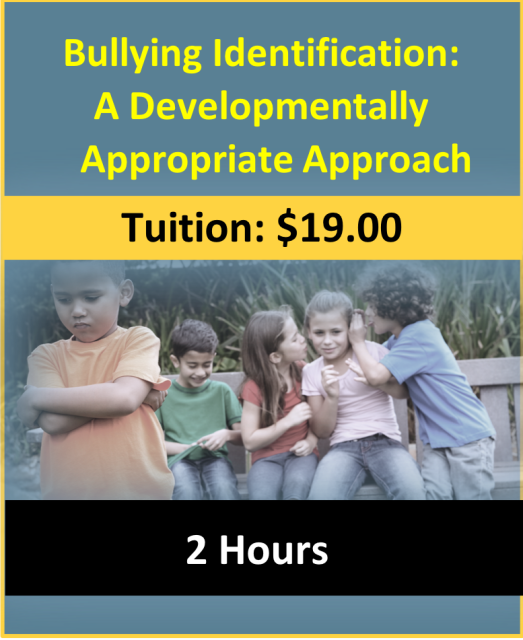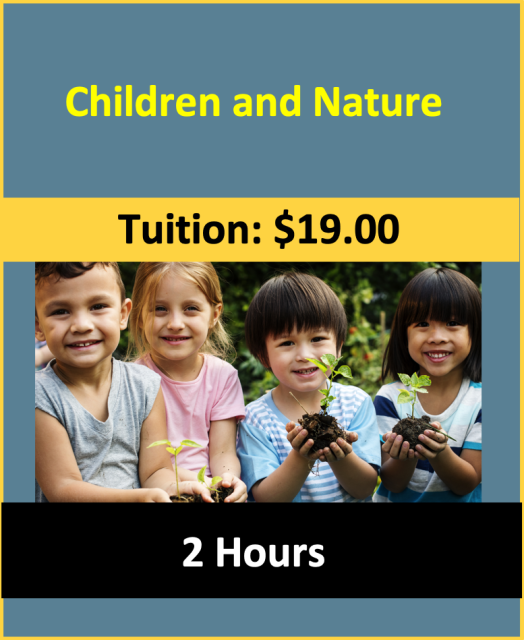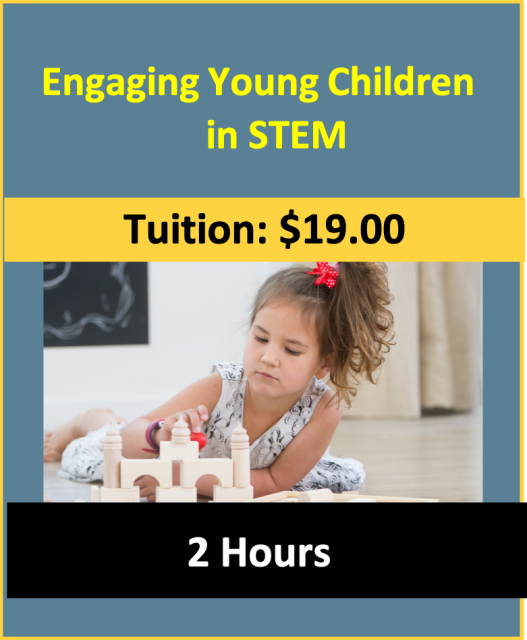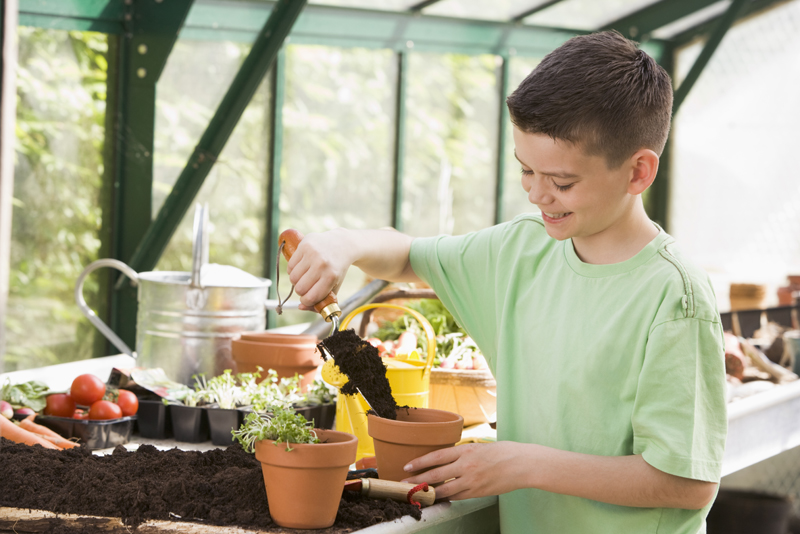Macaroni Metamorphosis
Lesson Plan:Activity:
Lesson plan developed by Ms. Erika Geelhoed, BA Ed
Age Group:
* Lesson plan objective and assessment can be adapted to use this activity with preschoolers.
Objectives:
Child will
2-3 LS1B
Students will know that animals have life cycles that include being born; developing into juveniles, adolescents, then adults; reproducing (which begins a new cycle); and eventually dying. The details of the life cycle are different for different animals.
|
Materials:
|
|
Click on the photos to enlarge.
|
Procedure:
Assessment:
|
Click on the course icon for enrollment information.
Science in the Classroom
|
Science is not just a set of facts that have already been discovered by others; it is a process – a way of thinking and understanding the world. It is observing, predicting what might happen, testing those predictions, and making sense of observations. They must create an explanation of observed phenomena or the outcomes of the experiments internally—an explanation that holds personal meaning” (Trawick-Smith, p. 203). As children are exploring the scientific process, teachers can pose open-ended questions that may spark more questions or a new direction to explore. “Good quality education encourages the exploration of alternative thinking, multiple answers, and creative insights” (Jensen, p. 16).
Allowing and encouraging young children to explore the scientific process—rather than only using direct instruction that emphasizes science facts and prescriptive experiments—will promote the development of thinking skills such as organizing and classifying, problem solving, reasoning, and logic. |
